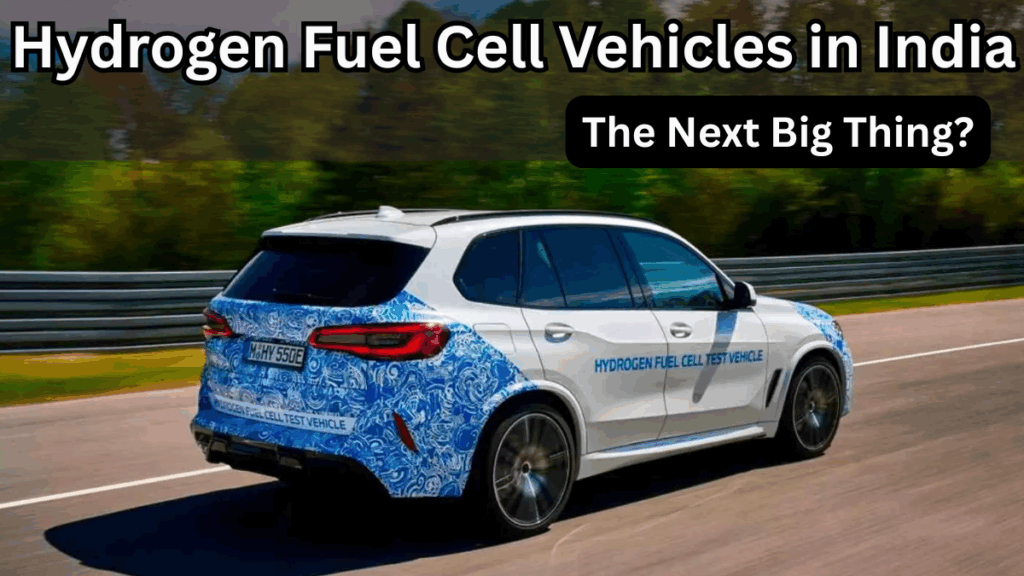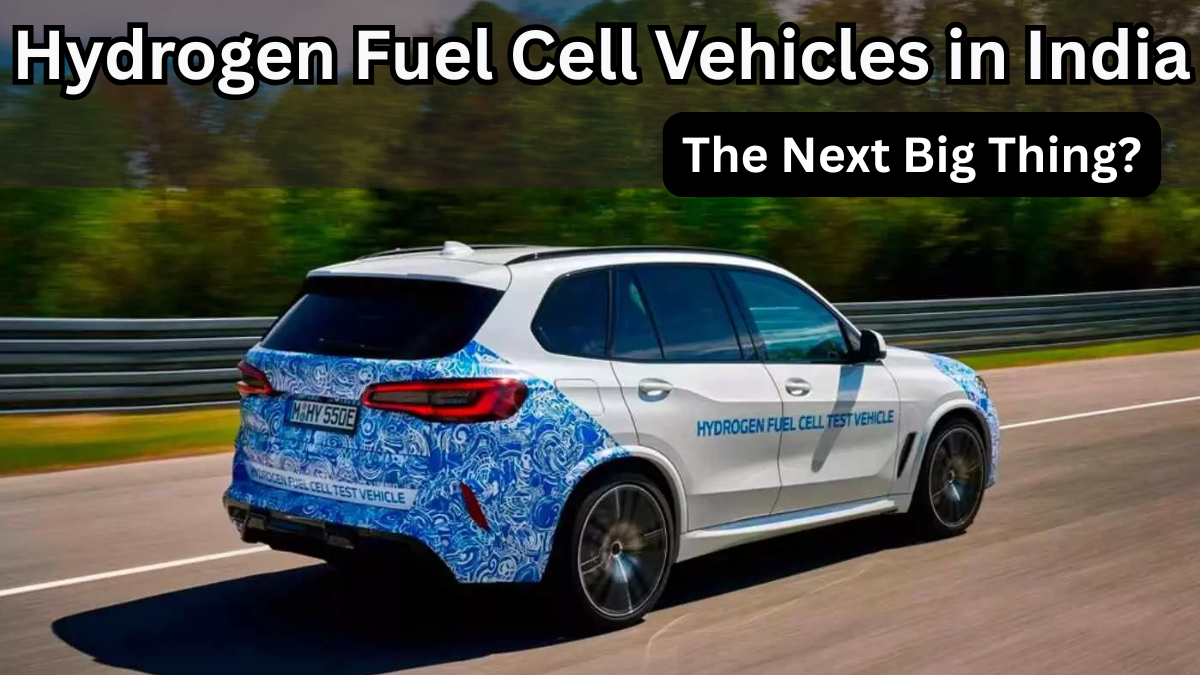As the world shifts towards cleaner and greener mobility, India is actively exploring new technologies beyond traditional petrol and diesel engines. While electric vehicles have already gained momentum, Hydrogen Vehicles India could be the next major leap in sustainable transport. These vehicles run on fuel cell technology, offering zero emissions, quick refueling, and long driving ranges—making them a strong contender in the race for alternative fuels.

Why Hydrogen Vehicles Could Be a Game-Changer in India
Hydrogen fuel cell vehicles (FCEVs) combine innovation with practicality. Here’s why they stand out:
-
Zero Tailpipe Emissions – They only emit water vapor, ensuring a cleaner environment.
-
Quick Refueling – Refueling a hydrogen car takes just 3–5 minutes, unlike EVs that need hours to charge.
-
Longer Range – Hydrogen vehicles can travel 500–700 km on a single tank, making them suitable for long-distance travel.
-
Energy Independence – Encourages domestic hydrogen production, reducing oil imports.
Comparing EVs and Hydrogen Vehicles
Key Differences
| Feature | Electric Vehicles (EVs) | Hydrogen Fuel Cell Vehicles (FCEVs) |
|---|---|---|
| Refueling Time | 30 min – several hours | 3–5 minutes |
| Driving Range | 250–400 km | 500–700 km |
| Emissions | Zero (depends on electricity source) | Zero (water vapor only) |
| Infrastructure Need | Charging stations | Hydrogen fueling stations |
| Technology Maturity | Growing rapidly | Still in early adoption stage |
India’s Push for Hydrogen Vehicles
India has ambitious plans under its National Hydrogen Mission, focusing on scaling fuel cell technology and infrastructure. Several automakers are also entering the market:
-
Toyota Mirai – Introduced in India as a pilot project.
-
Hyundai Nexo – Showcased in global markets, with interest in India.
-
Tata Motors & Ashok Leyland – Working on hydrogen-powered buses and trucks.
Challenges in Adopting Hydrogen Vehicles in India
Despite the promise, challenges remain:
-
High Cost – Hydrogen cars are more expensive than EVs and traditional vehicles.
-
Infrastructure Gaps – Very few hydrogen refueling stations in India.
-
Storage & Safety – Hydrogen is highly flammable, requiring strict safety measures.
-
Public Awareness – Limited knowledge among consumers about hydrogen as alternative fuels.
Future Outlook
With government support, investment in hydrogen production, and global partnerships, Hydrogen Vehicles India could soon move from pilot projects to mainstream adoption. If infrastructure catches up, fuel cell cars, buses, and trucks might play a crucial role in achieving India’s net-zero emission goals by 2070.
FAQs
Q1. What is a hydrogen fuel cell vehicle?
A hydrogen fuel cell vehicle (FCEV) uses fuel cell technology to convert hydrogen into electricity, which powers the motor. The only byproduct is water vapor.
Q2. How are hydrogen vehicles different from electric cars?
While both are clean mobility options, hydrogen cars use alternative fuels (hydrogen gas) instead of batteries. They refuel faster and provide longer ranges compared to most EVs.
Q3. Are hydrogen vehicles available in India right now?
Currently, hydrogen cars like the Toyota Mirai are available only in pilot projects and not for mass consumer sales. However, commercial adoption is expected in the coming years.
Q4. What are the main challenges in adopting hydrogen vehicles in India?
The major hurdles are the high cost of vehicles, lack of refueling stations, and limited awareness about hydrogen as a fuel.
Click here to learn more
